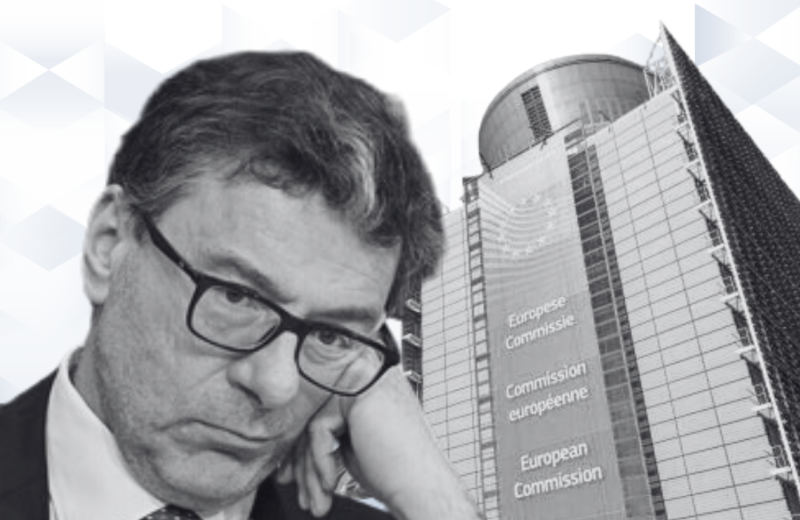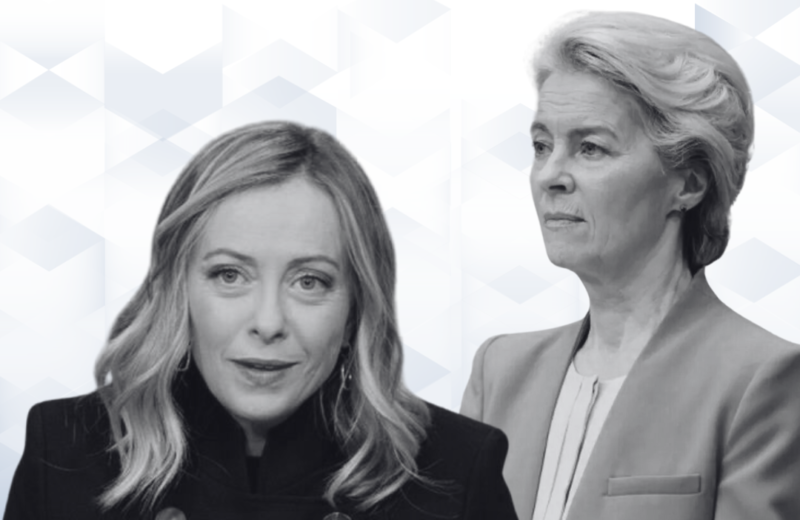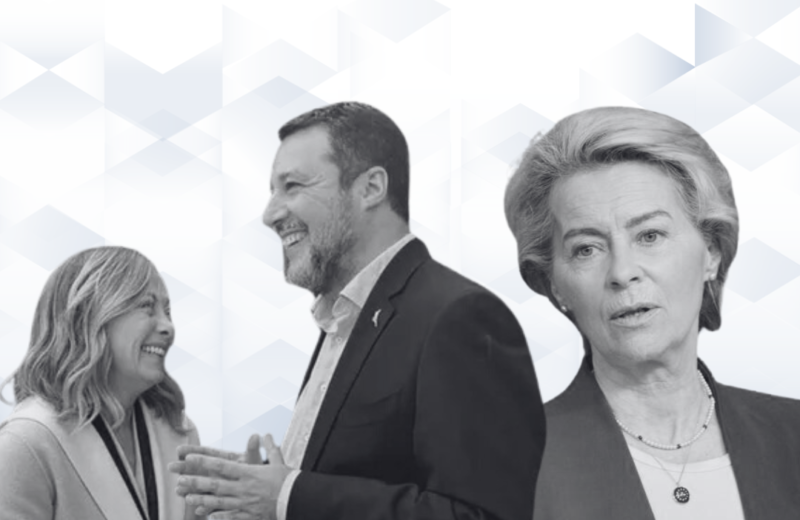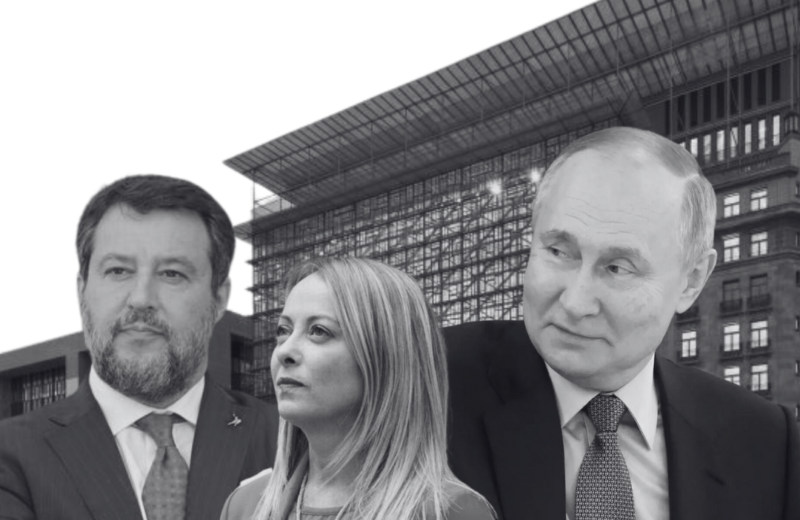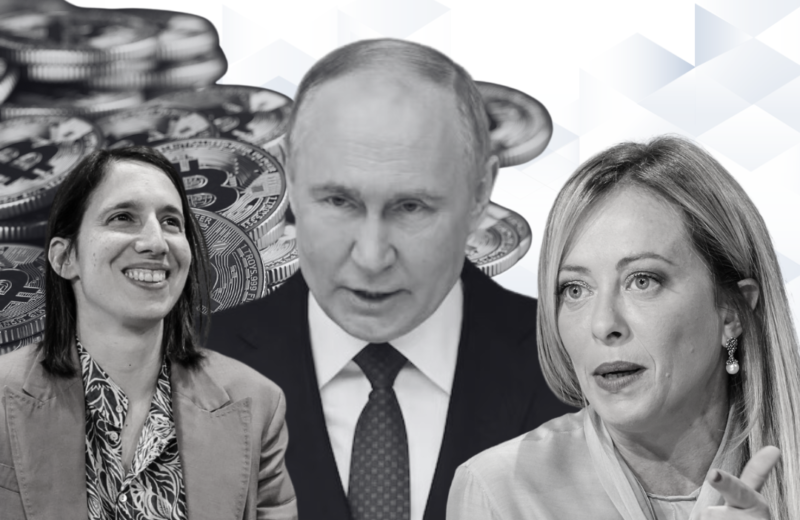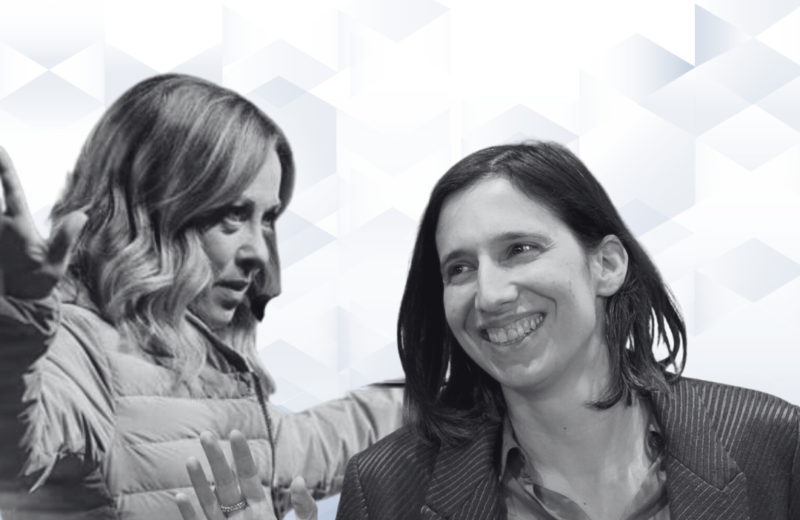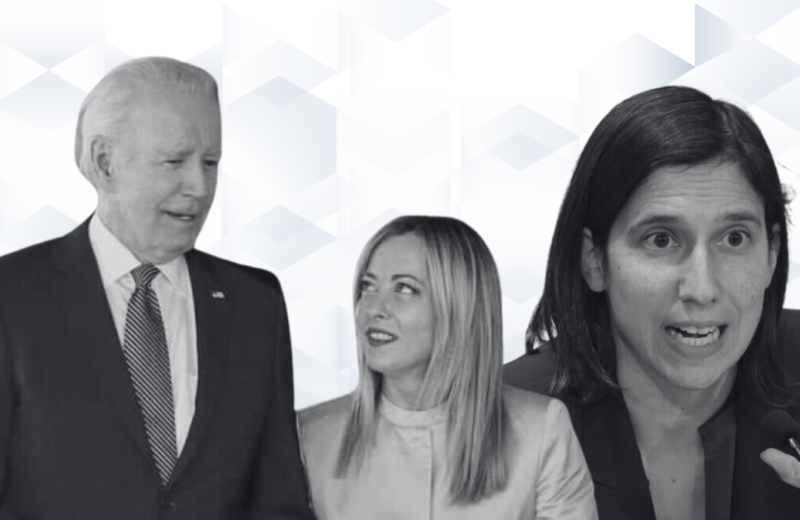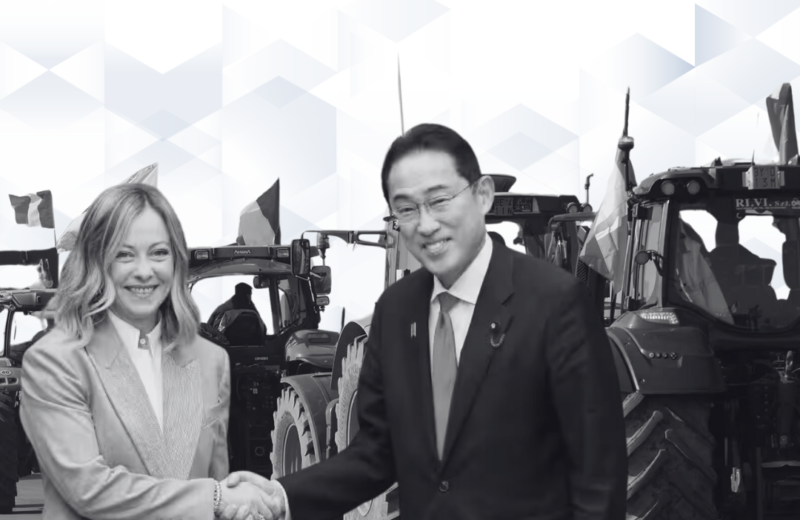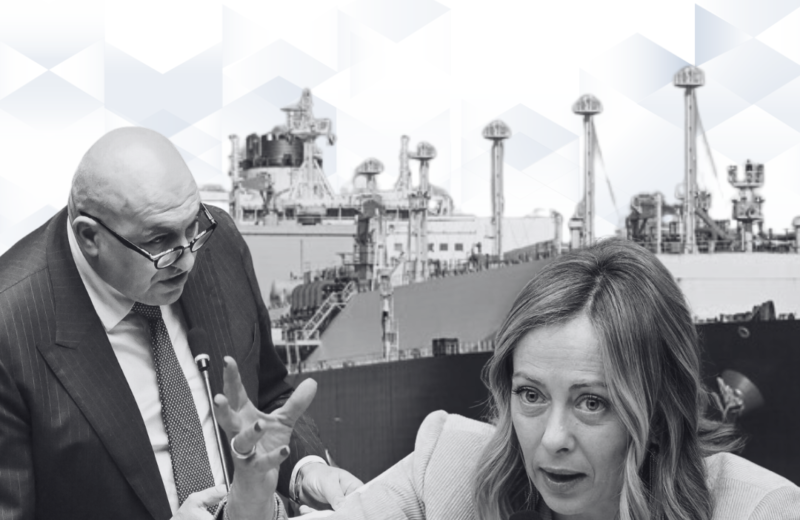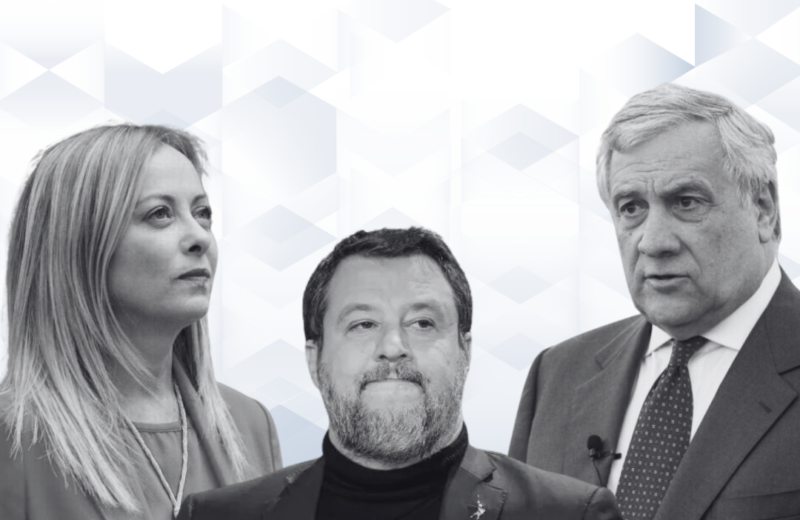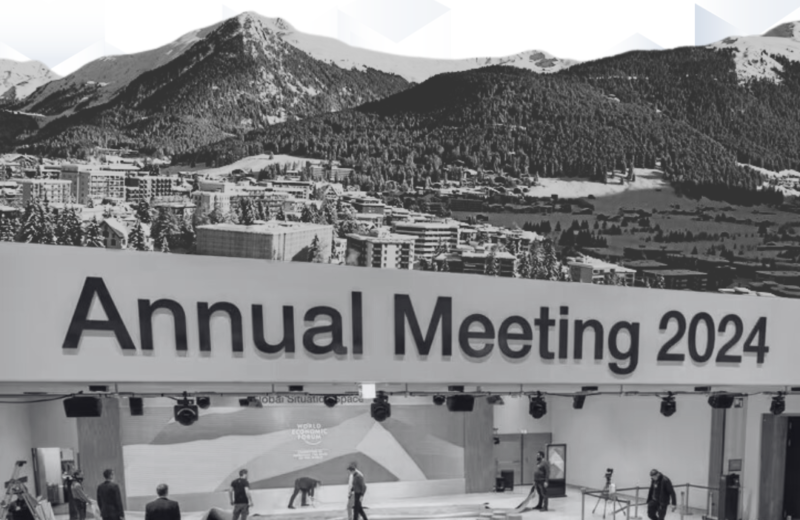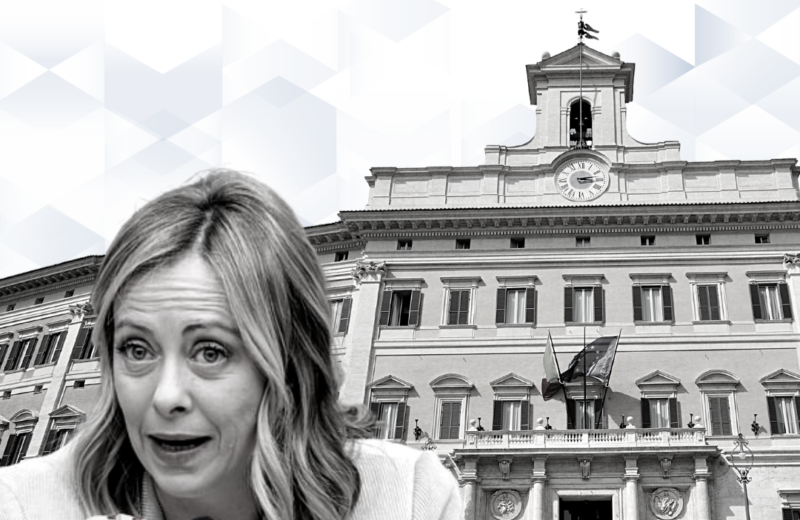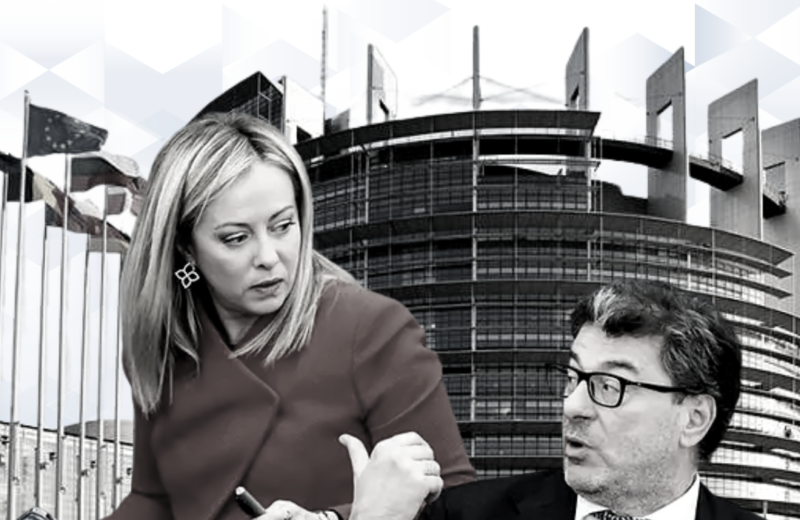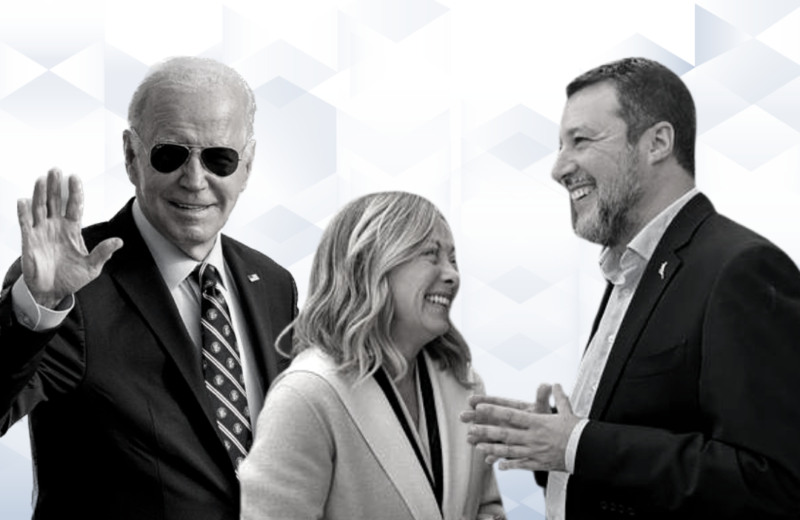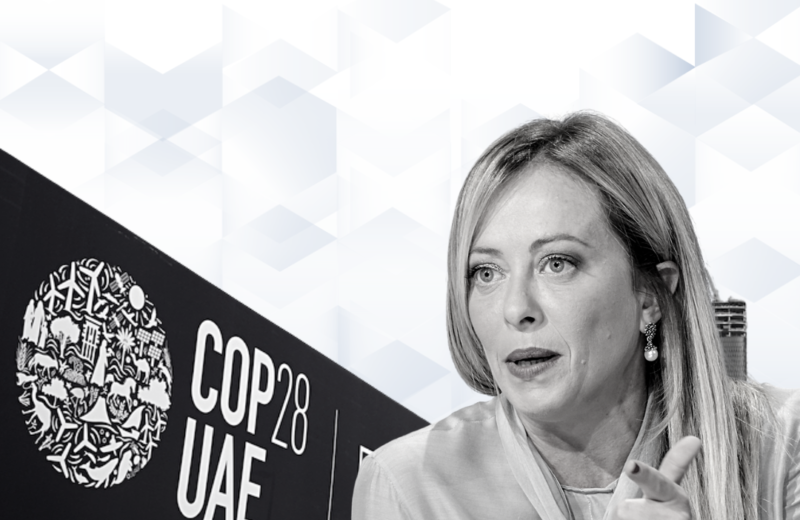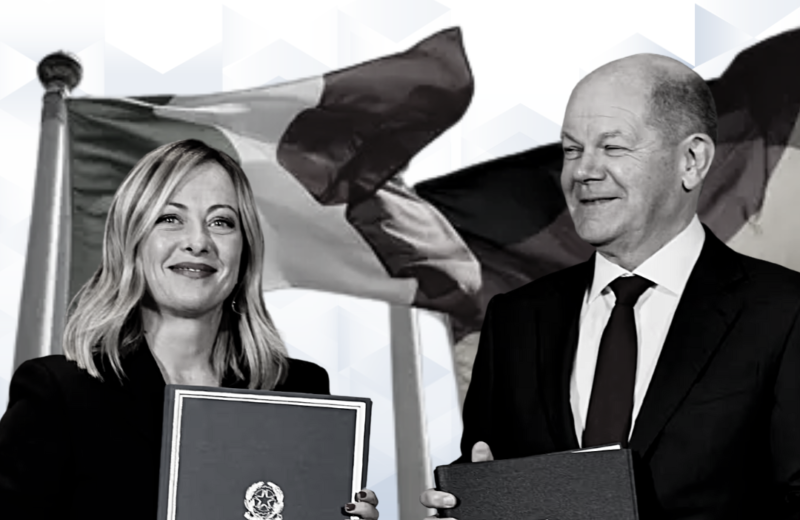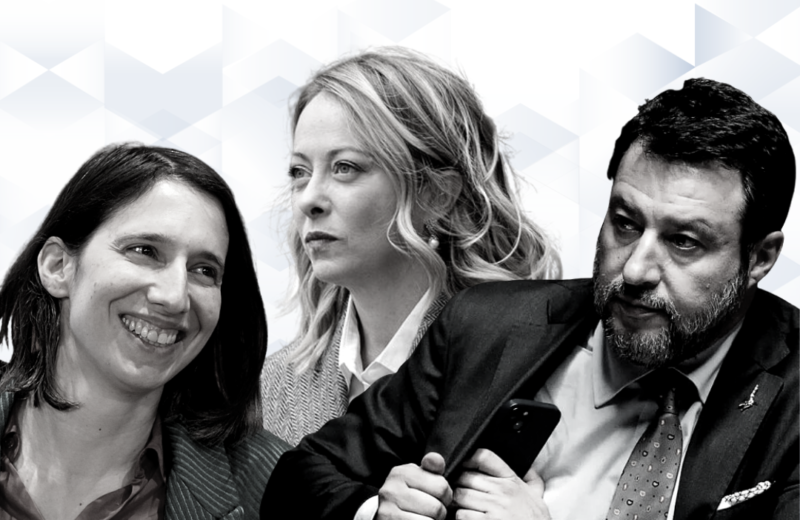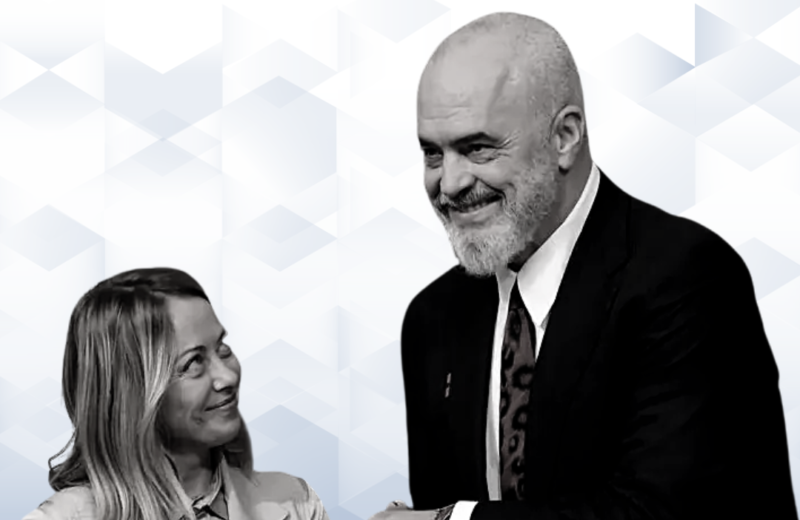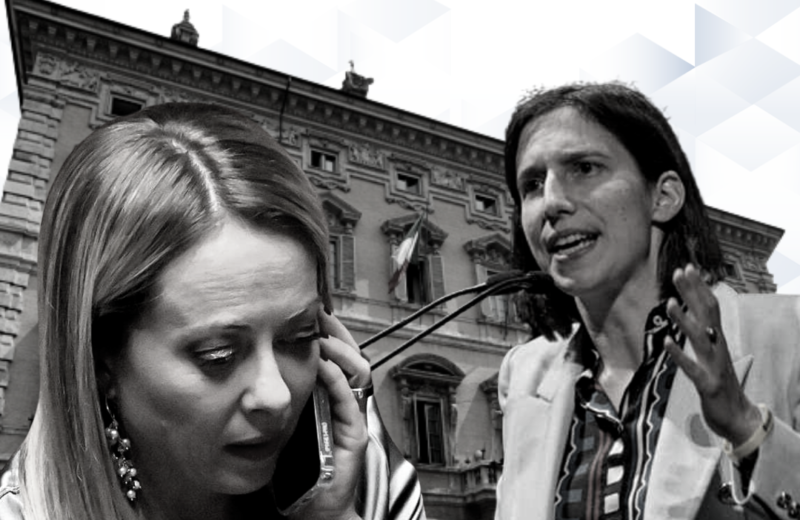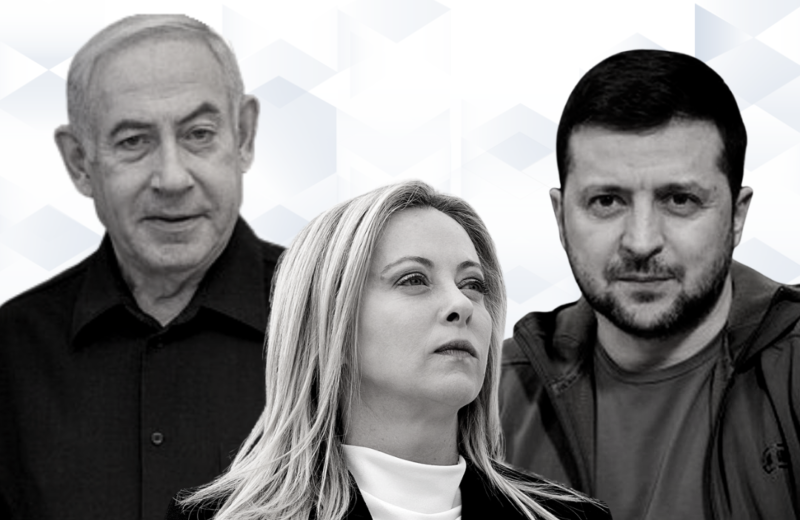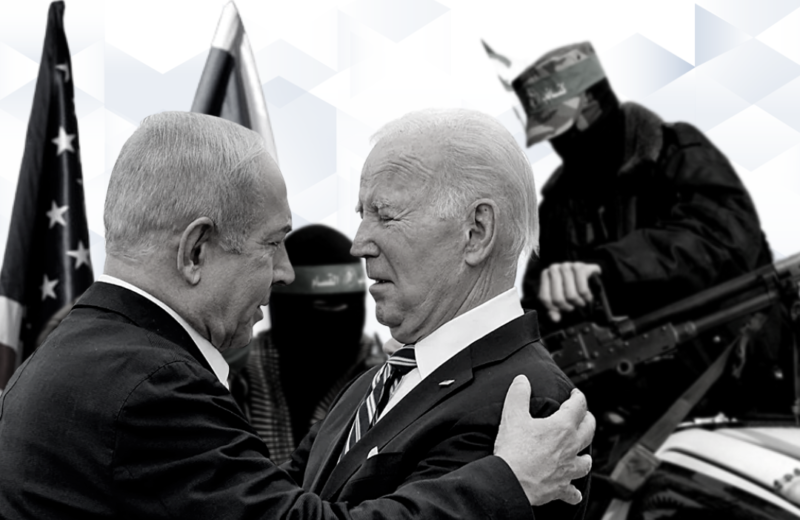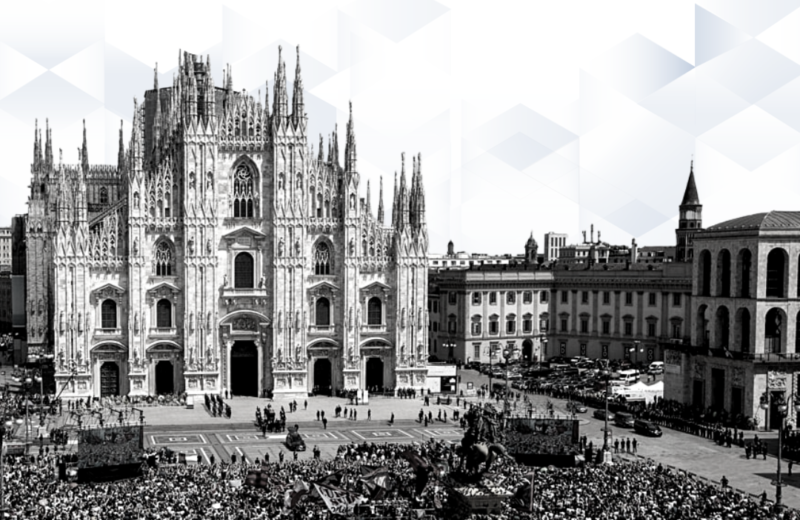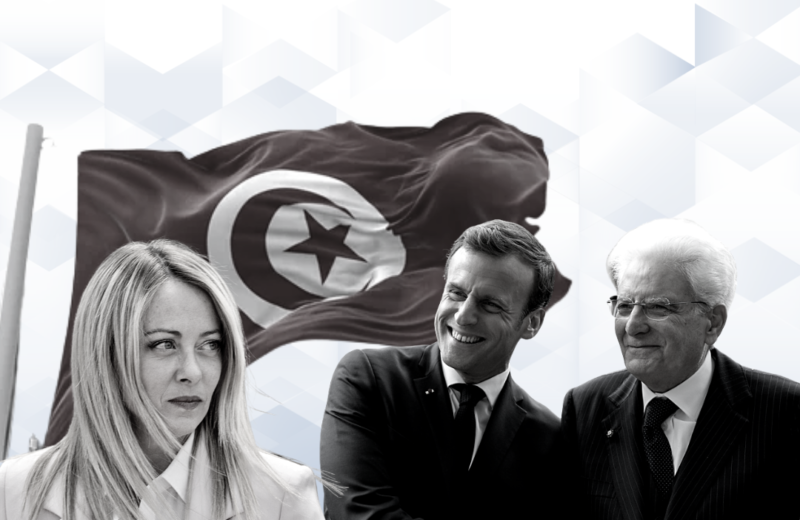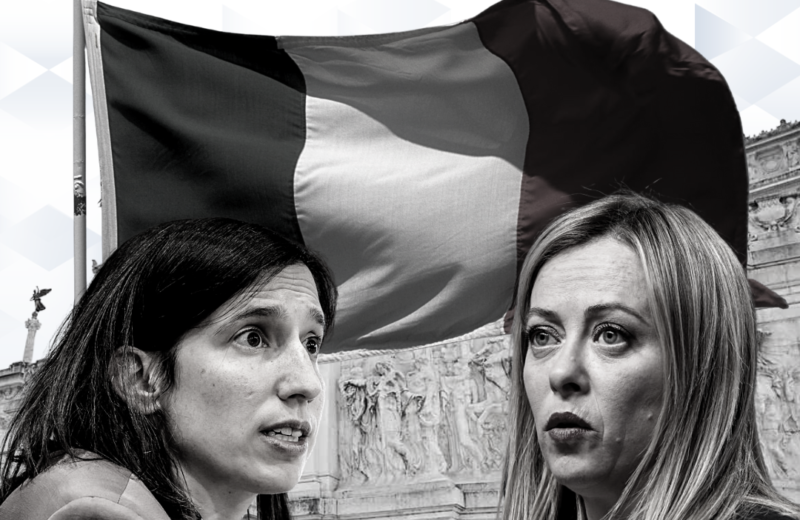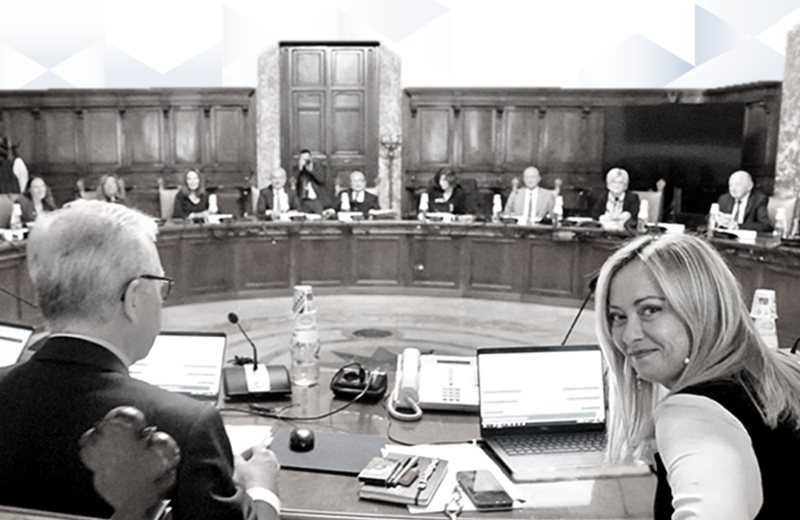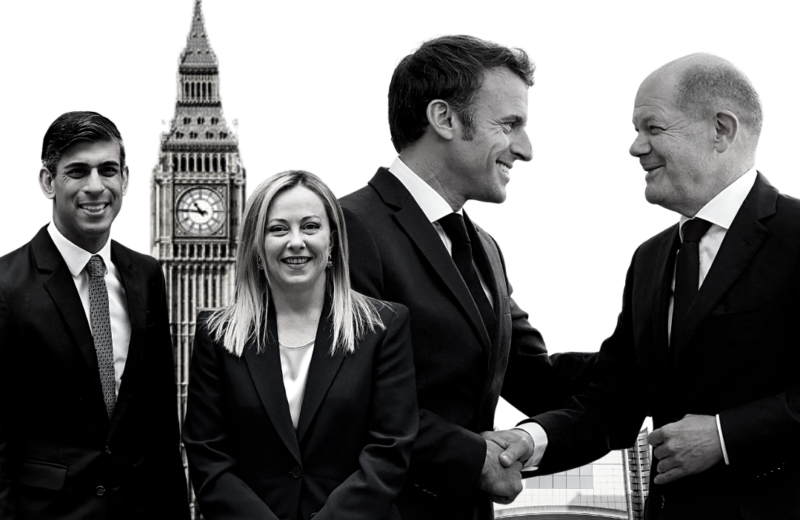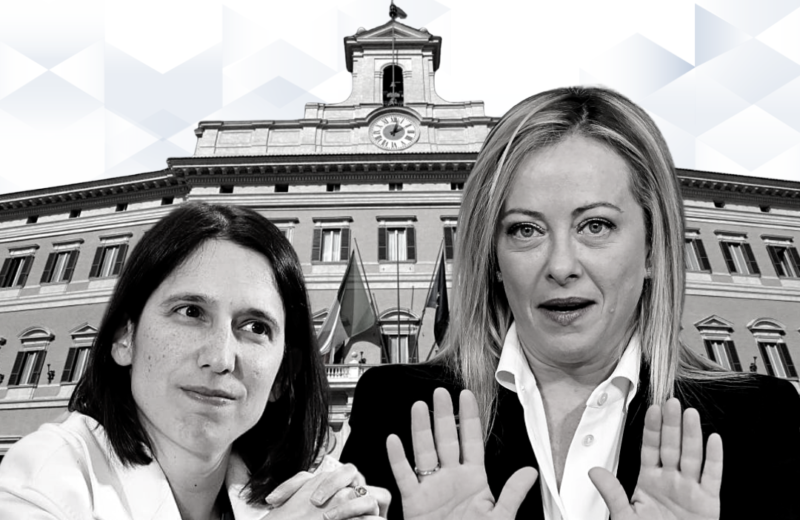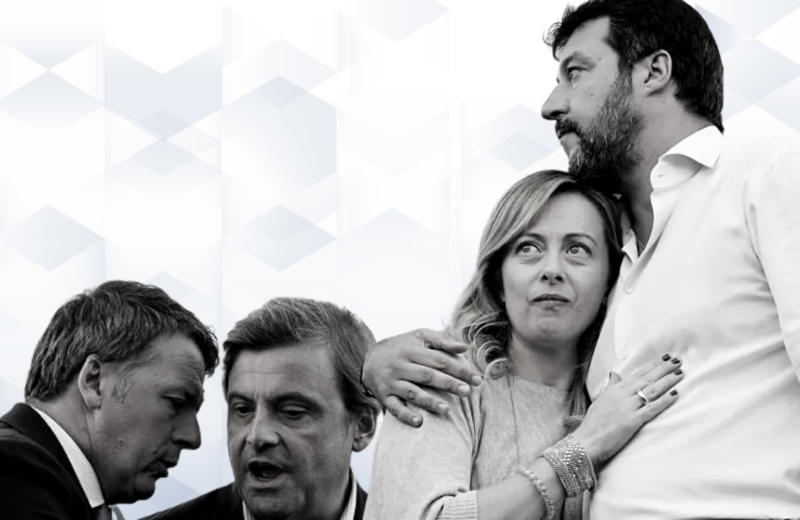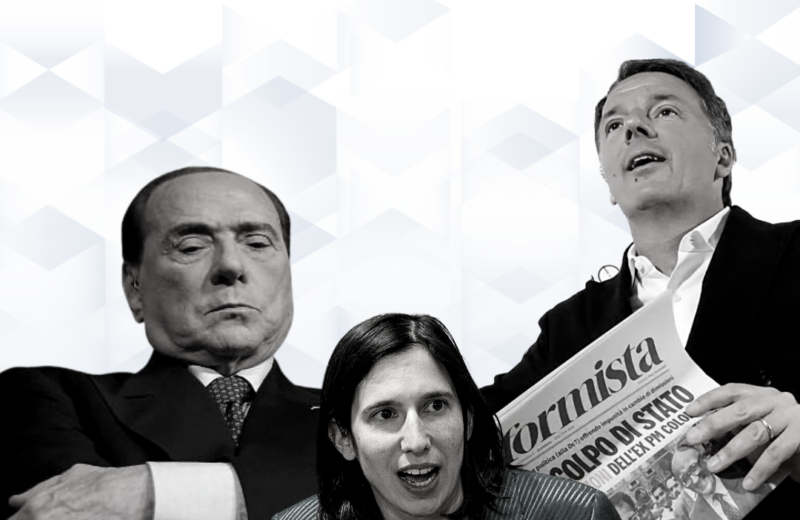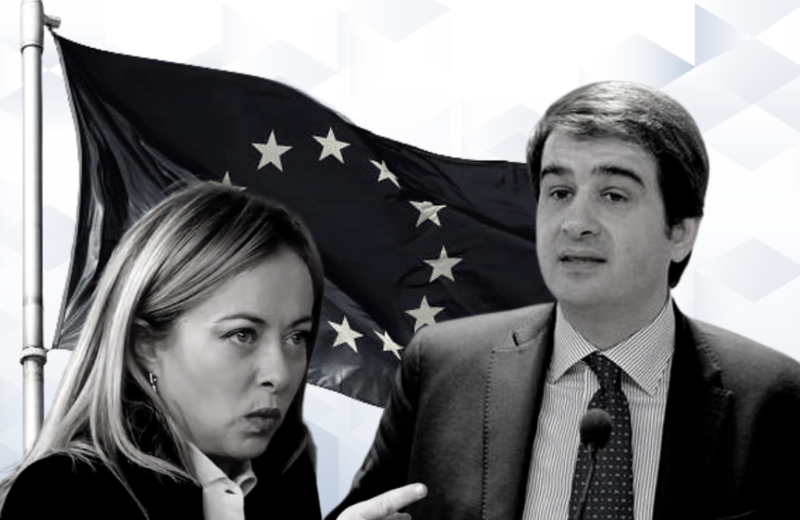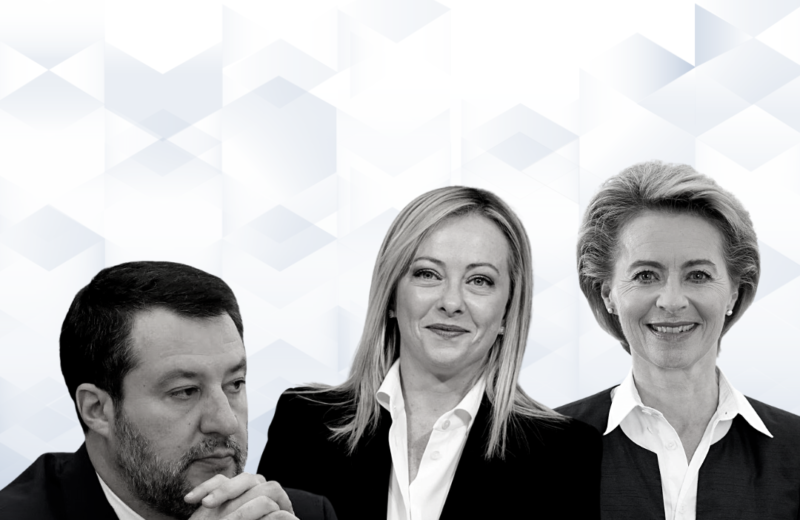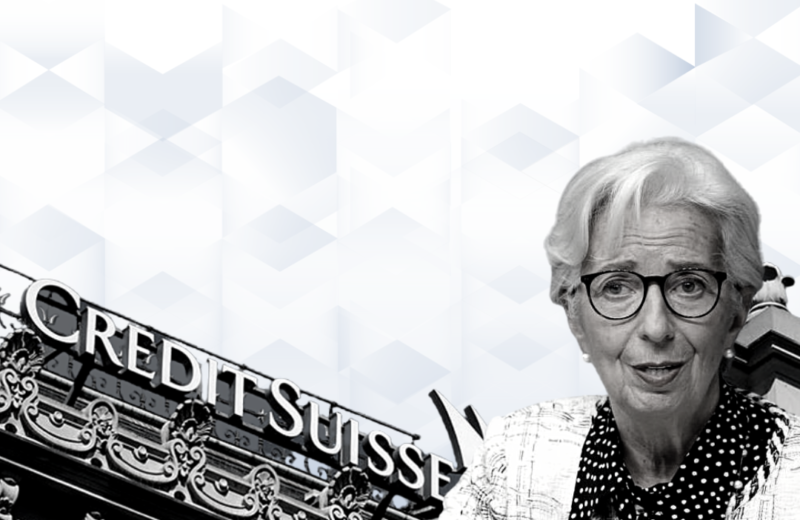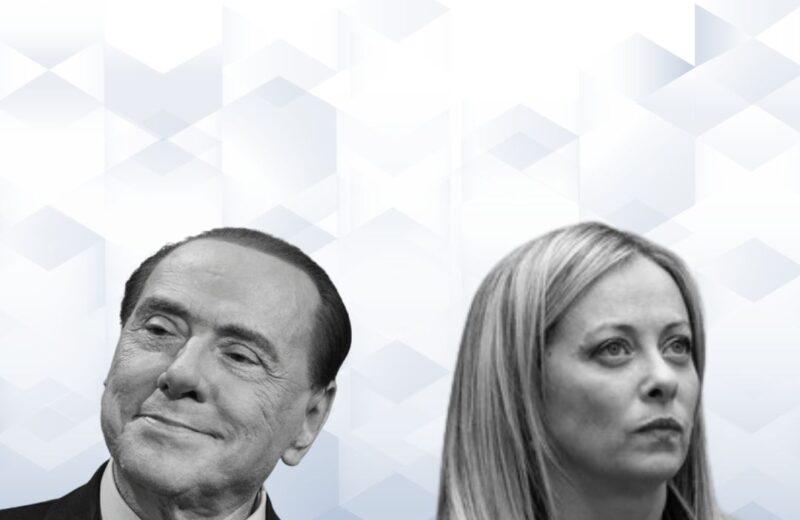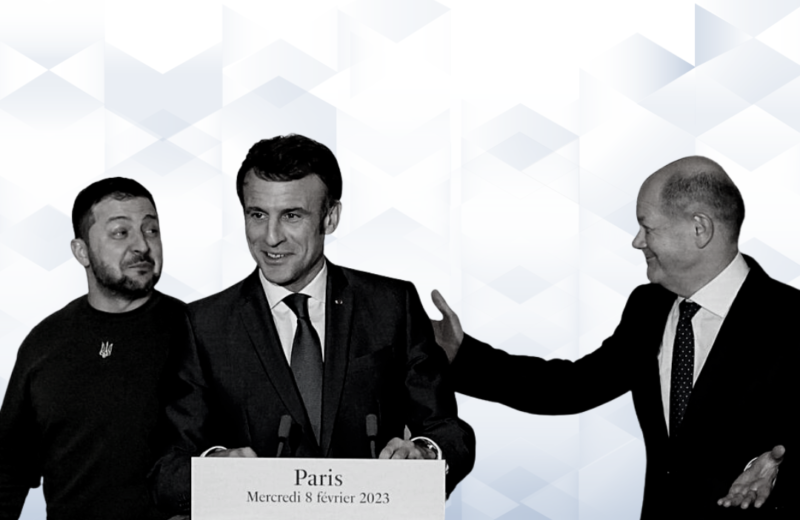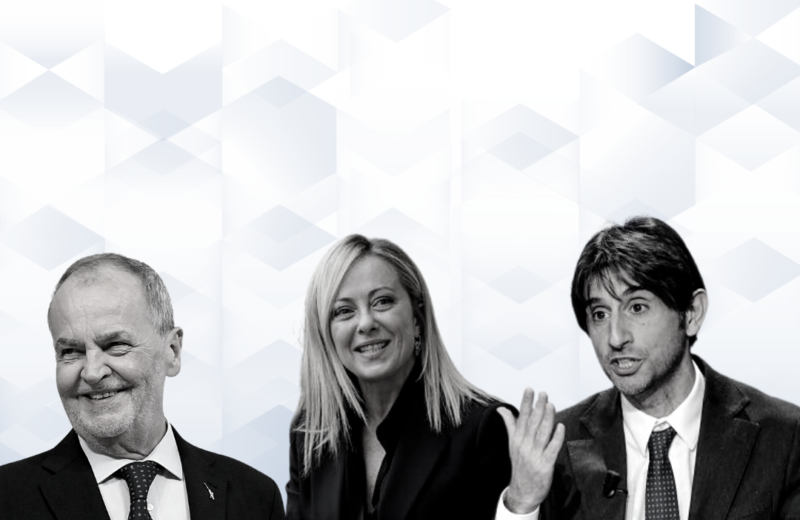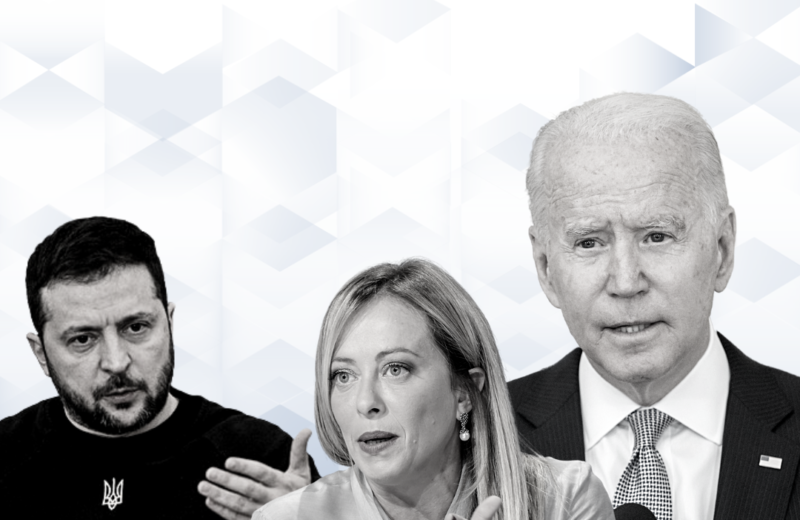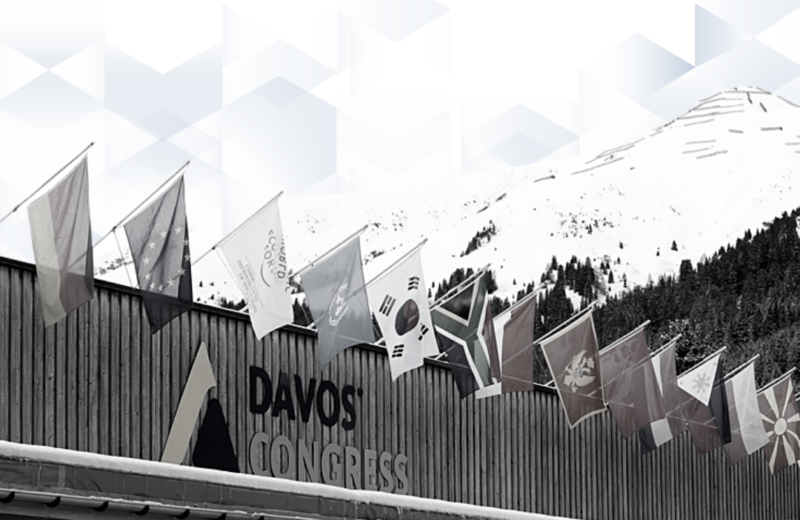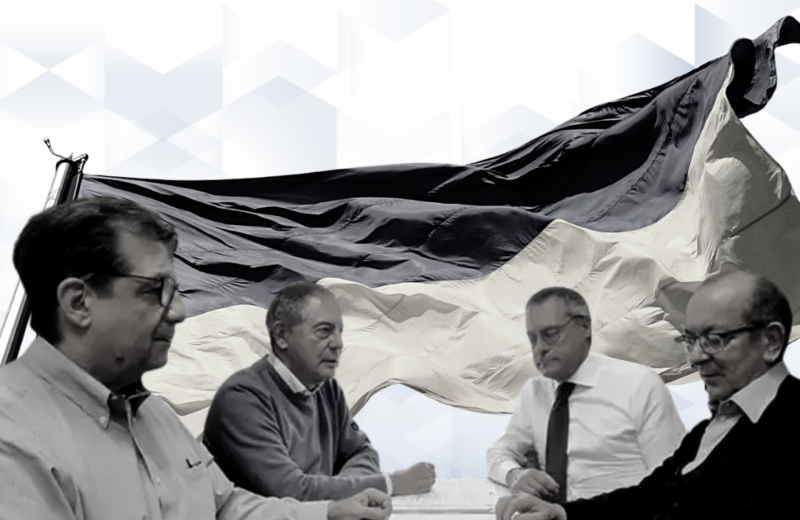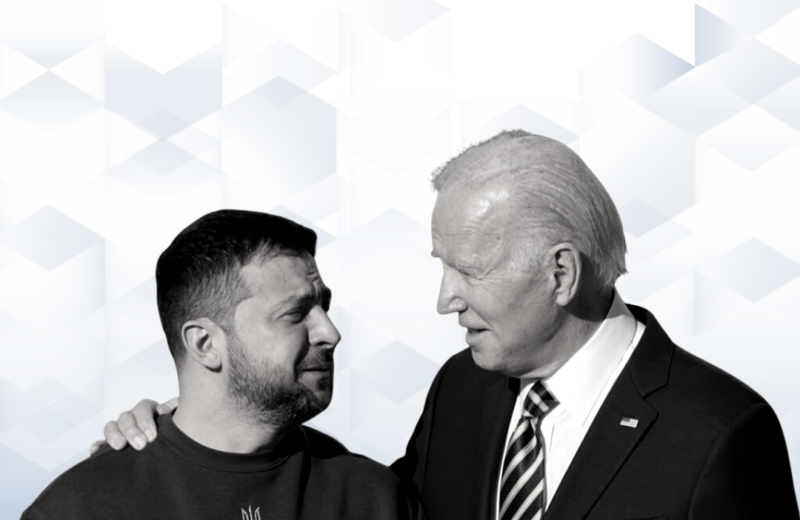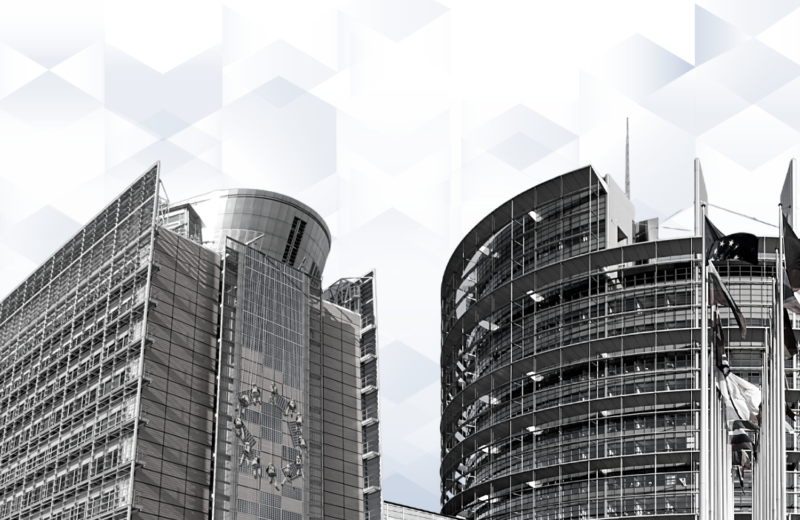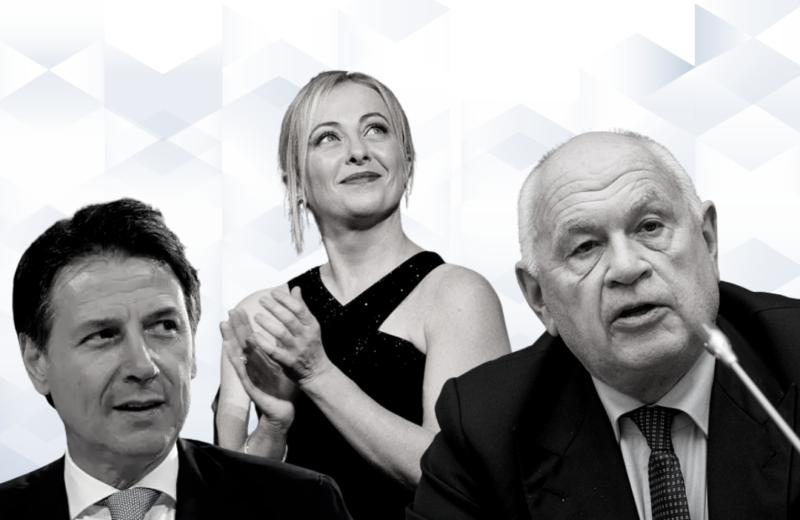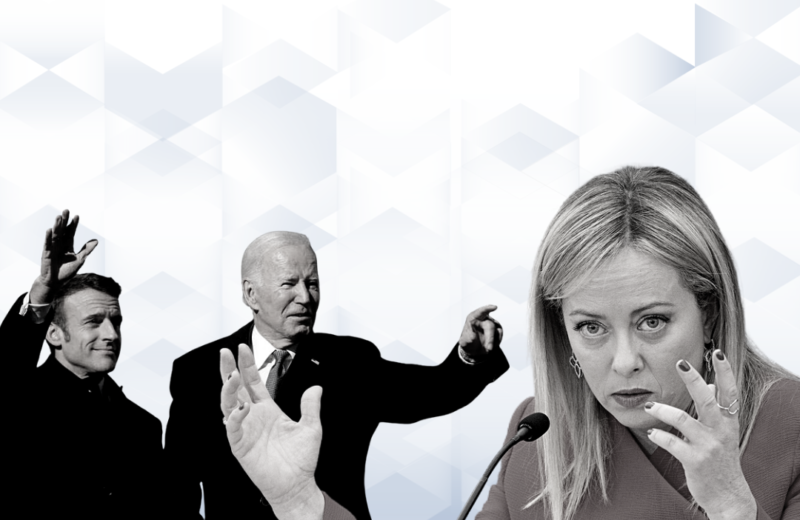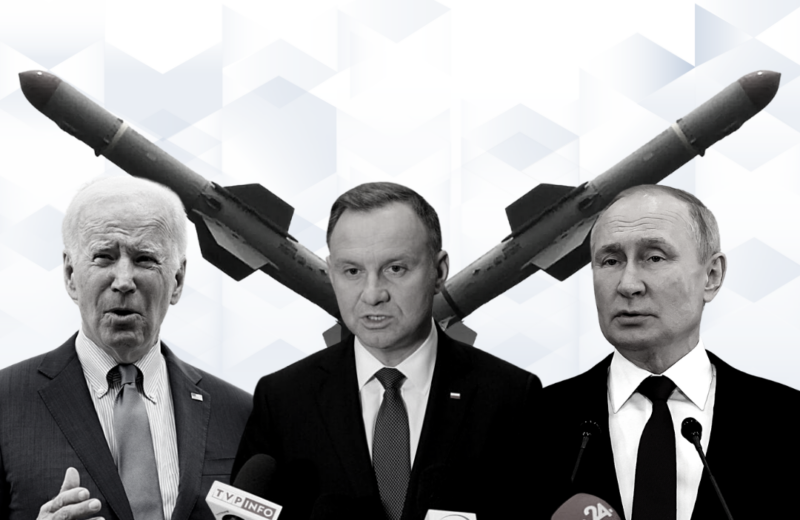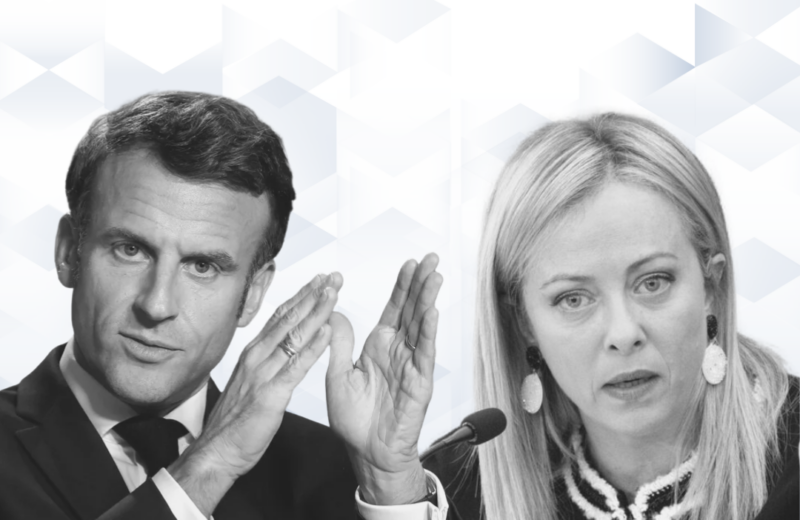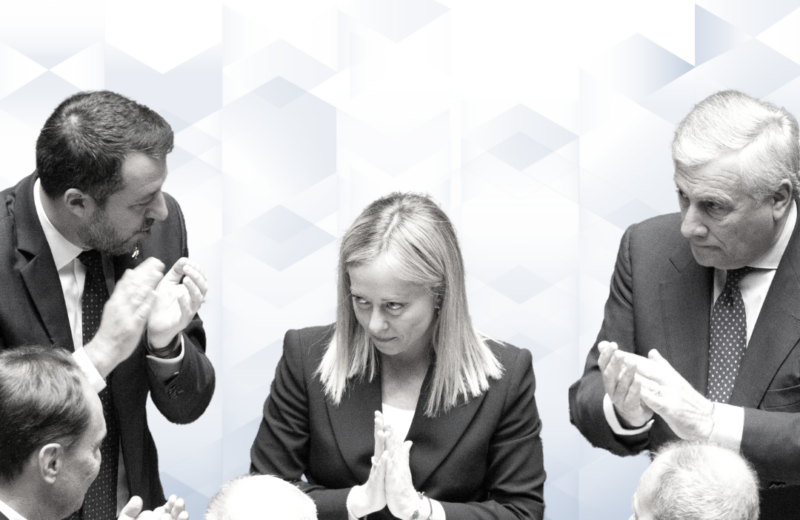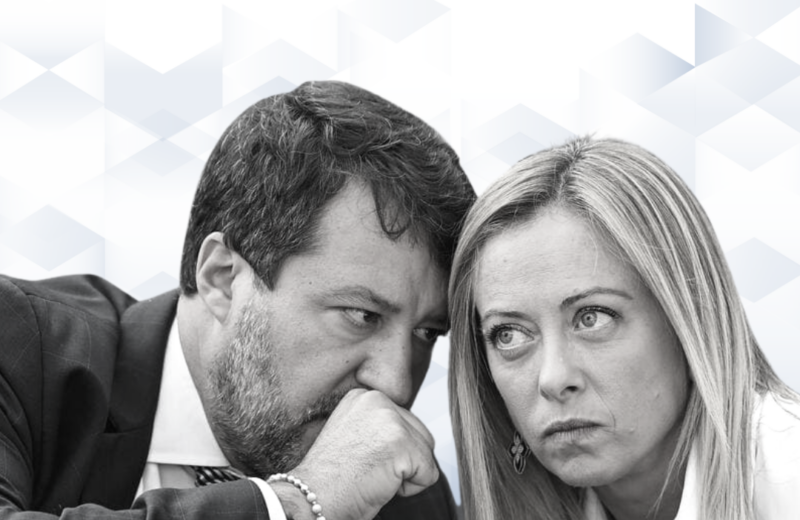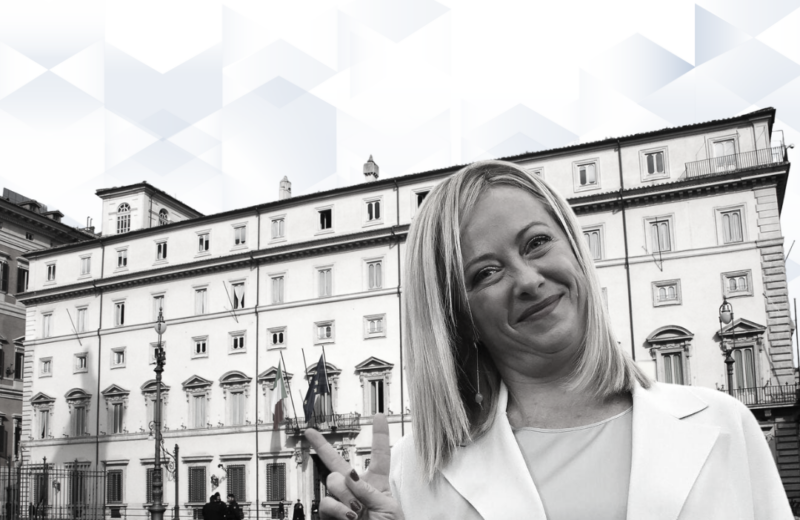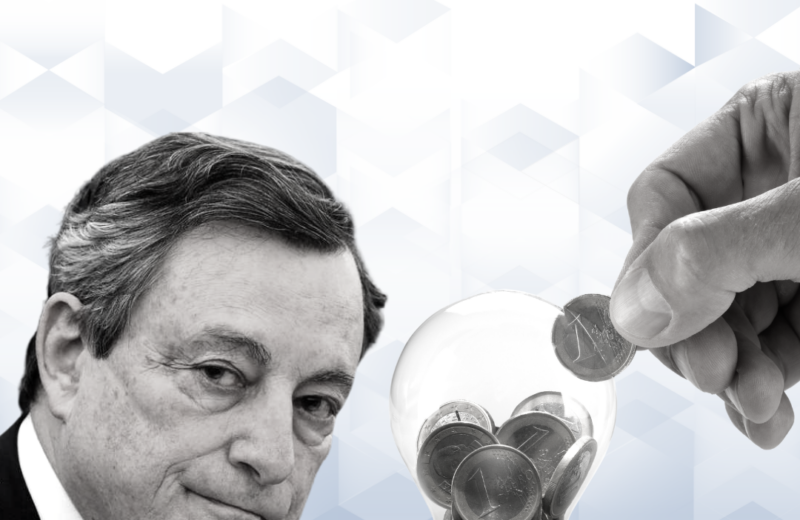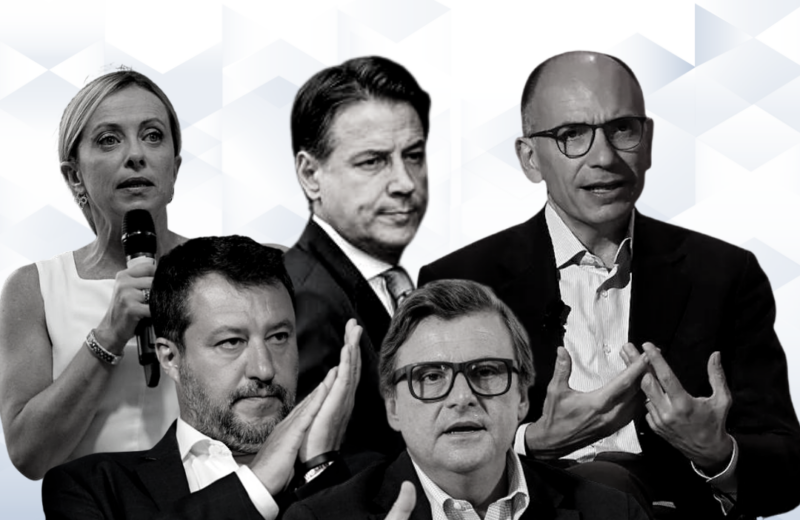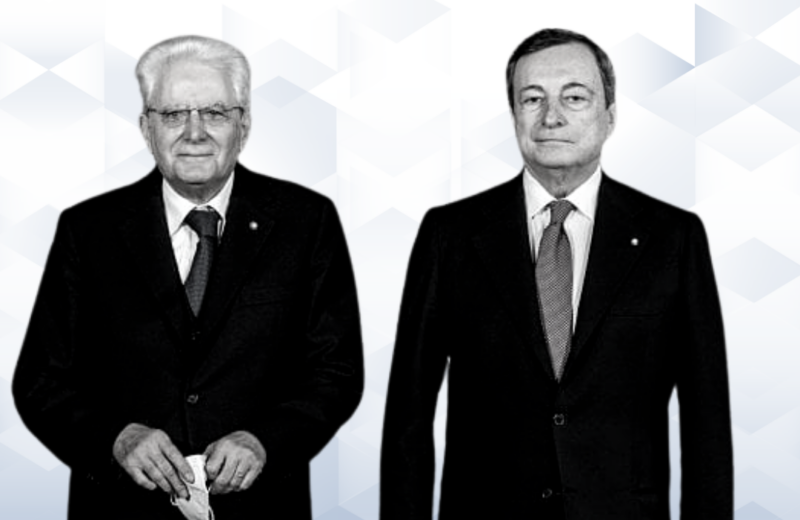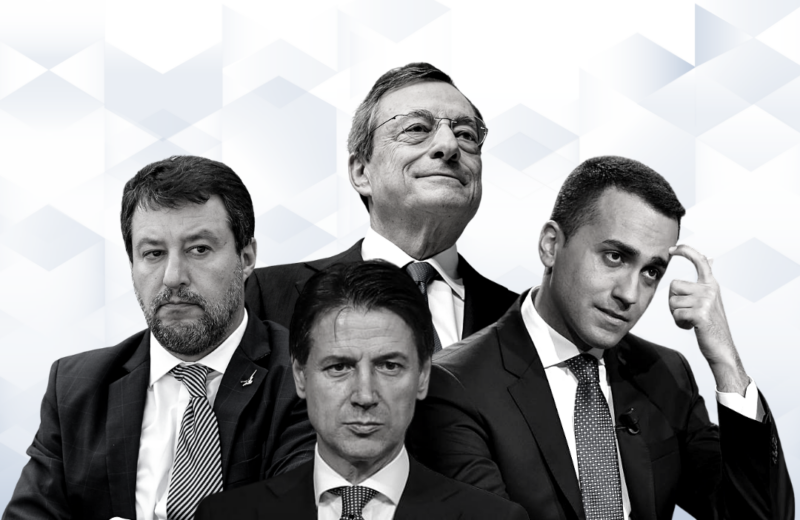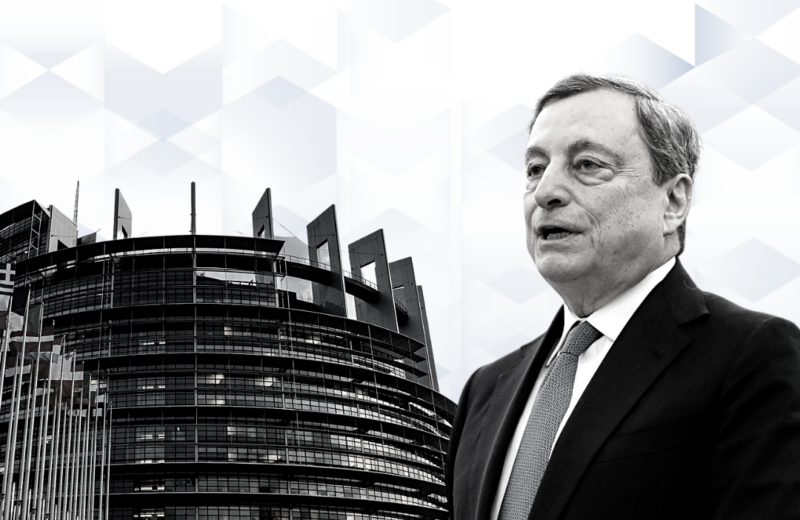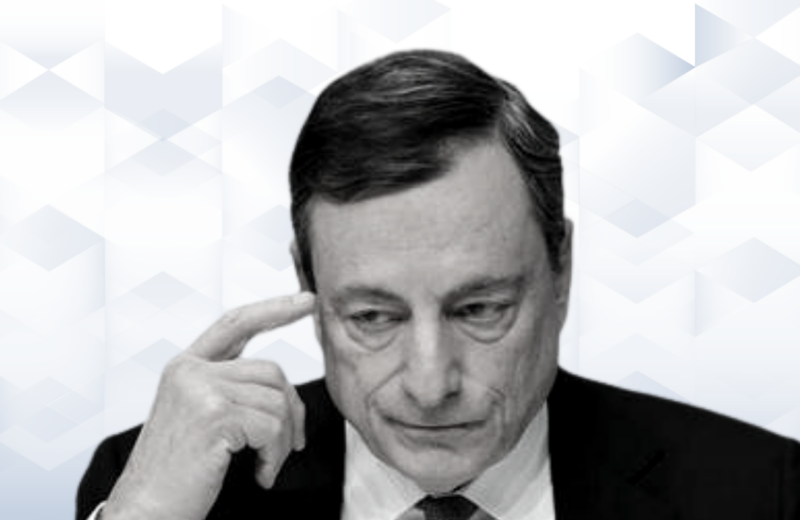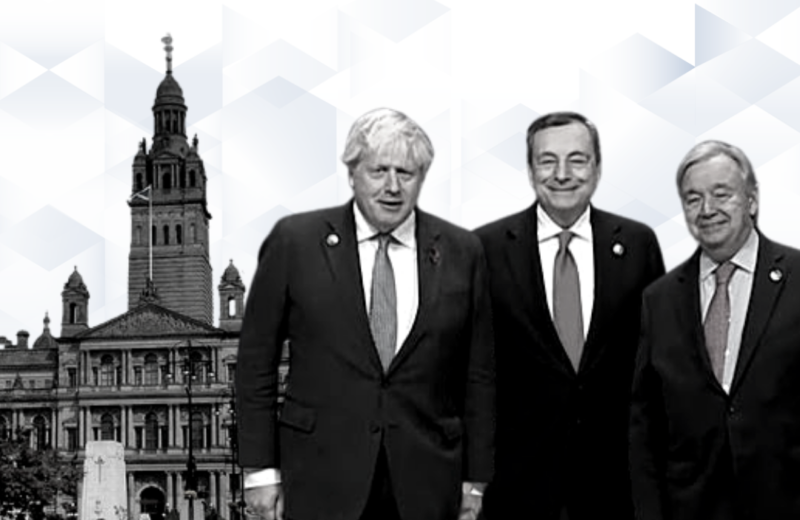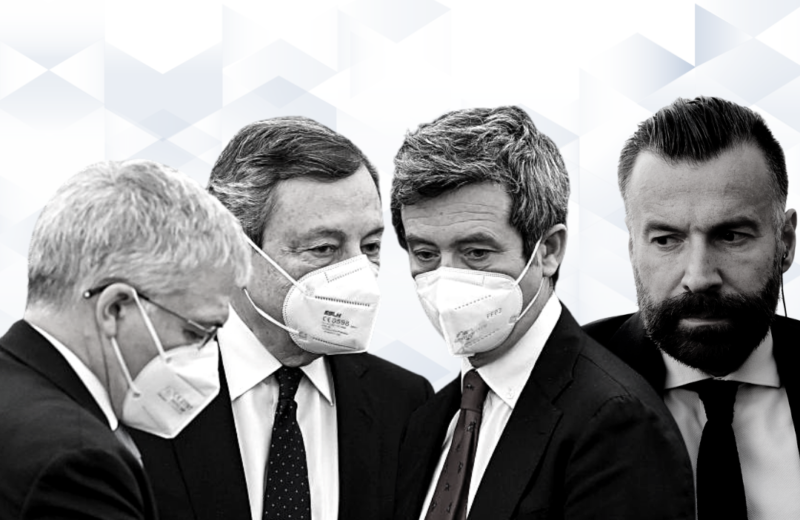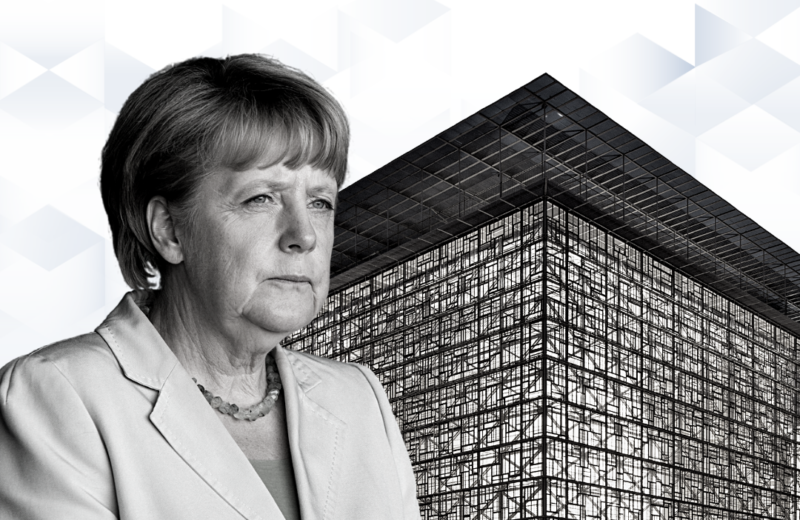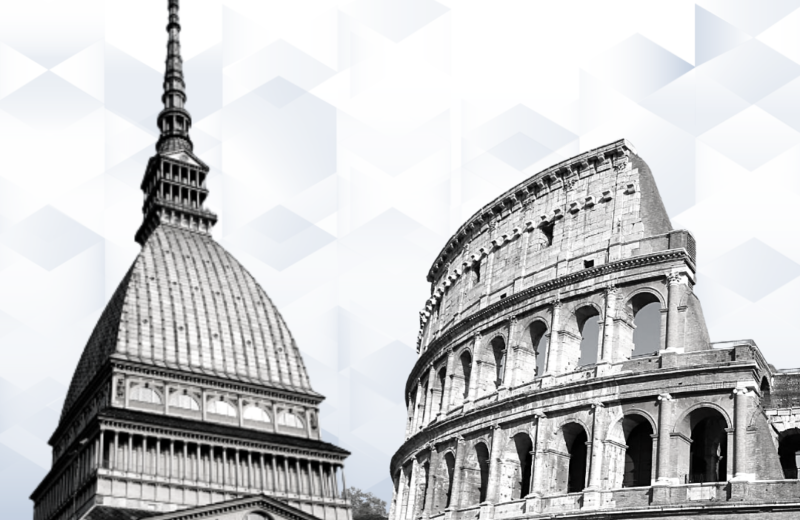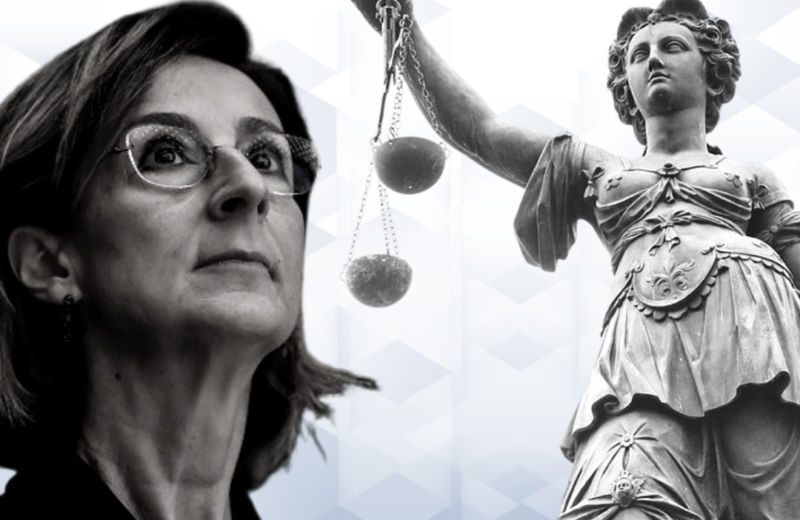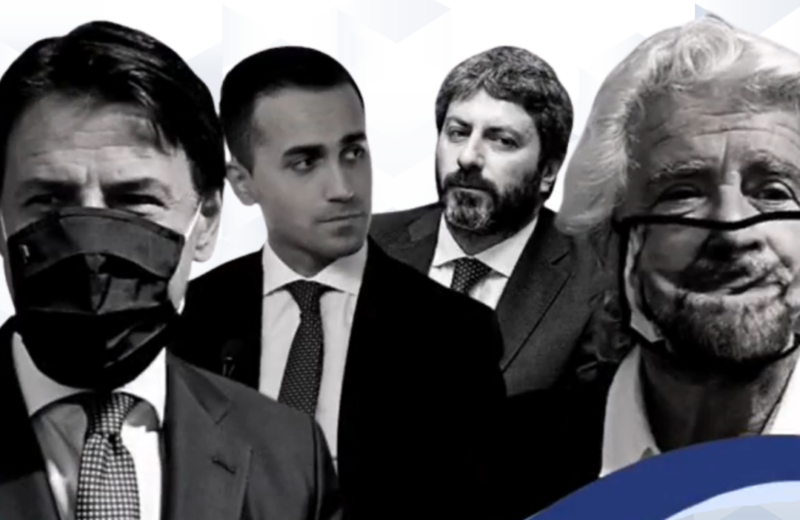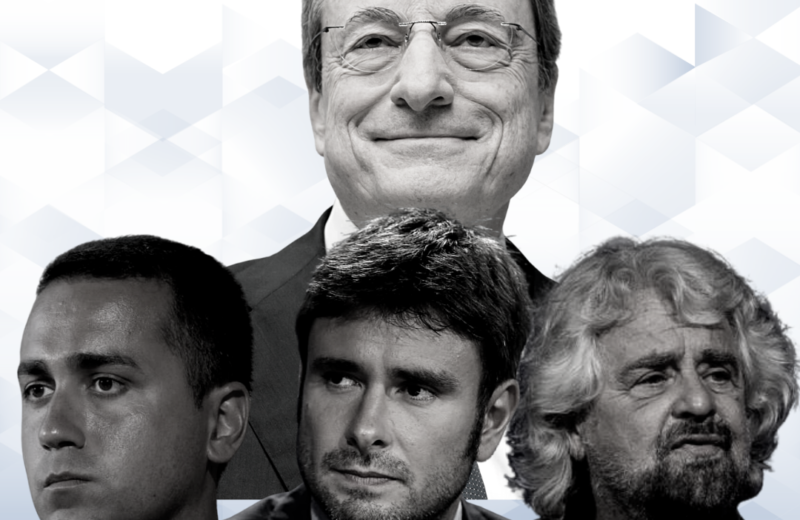The rebus of institutional reforms
She had already declared this during the election campaign and had made it one of the pillars of her political proposal: to reform the institutional structure of the State. Giorgia Meloni has thus decided to follow up on her promise, deciding to embark on a path full of pitfalls, on which more than one executive before her has come up against harsh political and electoral consequences. But she has decided, for the time being, only to begin a debate with the political forces. The first consultations took place this week and, predictably, the oppositions were hostile. From Schlein, who does not consider such a reform process necessary and would prefer, if anything, to focus on the electoral law and other institutions to guarantee stability to governments, such as constructive no-confidence; to Conte, who, while sharing the critical issues on the structure of the system, does not agree with the proposed solutions and has, on the contrary, presented the M5S formula articulated in 11 points. And Terzo Polo? It continues to behave as a non-opposition. The approach of Calenda, by now the only man in command of the centrist camp, has been clear: let the dialogue begin, no “Aventino”, but a constructive approach. The same approach was demonstrated in the Camera dei Deputati vote on the centre-right’s motion on the energy mix, which in fact opens the way for experimentation with fourth-generation nuclear power. On this occasion, too, the majority was able to count on the external support of the Terzo Polo. This was an important injection of confidence for the government, especially in view of future challenges. The government also had to untangle itself during the week between a second round of appointments and some international events. On the appointments front, the Rai Board of Directors was defined, whose new CEO will be Roberto Sergio, until now at the head of Radio Rai, who will take the place of Carlo Fuortes, and the heads of the Police and Guardia di Finanza, whose new chiefs are respectively Vittorio Pisani and Andrea De Gennaro (still not officially appointed, but the agreement is there). Politically, it was a new test of leadership on the part of the Prime Minister, who managed to choose, and ‘get’ her names chosen, without causing rifts with her allies, despite a few twinges. On the foreign front, however, the ‘squabble’ with France continues. Throwing petrol on the fire this time was Stéphane Séjourné, secretary of Renaissance, who thundered: «The French extreme right takes the Italian extreme right as a model. Their incompetence and impotence must be denounced. Meloni does so much demagoguery on illegal immigration». But Meloni wisely did not pick up on this, demonstrating lucidity: «I think we use the policies of other governments to settle domestic scores». After all, the main problem on the international level is another: the dispute with China. And it arouses no little concern. On the one hand China, which is pushing for the renewal of the Silk Road treaty, (Conte ownership), on the other the USA, which due to current relations is pushing for Italy’s exit from the agreement. And Rome? For the moment it is taking its time: it is an open debate, explains Meloni from Prague. But many effects may depend on this decision, so it is obvious that it is a material to be treated with extreme care.
All this as Ukrainian President Zelensky’s tour of Europe begins, with a visit to Rome planned for the weekend, including a confrontation with the Pope. An important trip, to align all the EU powers on the Ukrainian demands in view of the great counter-offensive.
An eventful weekend, in short, the Italian one, also animated by the local elections. Voting is taking place in some 700 municipalities. A new test for the consensus of majority and opposition. A new long-distance clash between Meloni and Schlein.
